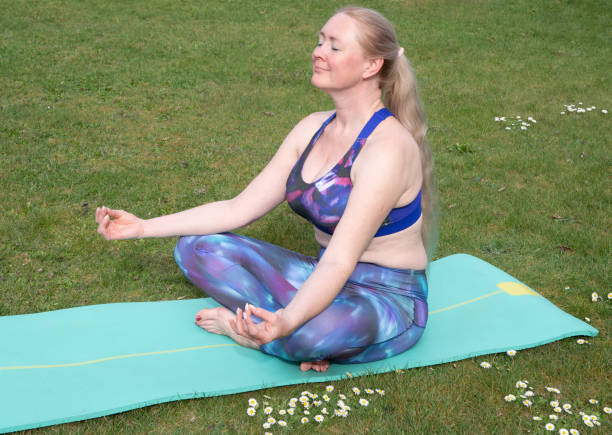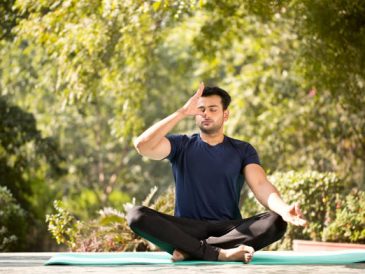In recent years, the fusion of yoga and fiction has become a burgeoning genre within the literary world. From novels set in yoga retreats to protagonists finding solace and transformation through yoga practice, this genre offers a unique blend of spirituality, introspection, and storytelling. However, navigating the fine line between authenticity and creative liberty presents a challenging endeavor for authors seeking to capture the essence of yoga in their narratives.
Yoga, an ancient practice originating in India, encompasses a multifaceted philosophy that extends far beyond the physical postures commonly associated with it in the West. It embodies principles of mindfulness, self-awareness, and the union of the mind, body, and spirit. Within the realm of fiction, authors often grapple with how to authentically represent these profound concepts while crafting compelling narratives that resonate with readers.
One of the primary challenges faced by authors of yoga fiction is striking a balance between accurately portraying the practice of yoga and incorporating elements of imagination and storytelling. While adhering too closely to the technical aspects of yoga may risk alienating readers unfamiliar with the practice, deviating too far from its essence may dilute the authenticity of the narrative.
Moreover, the diverse and evolving nature of yoga adds another layer of complexity to its portrayal in fiction. With numerous styles, lineages, and interpretations, there is no singular definition of what constitutes “yoga.” Authors must navigate this landscape with sensitivity and respect, avoiding cultural appropriation and misrepresentation while still harnessing the creative freedom inherent in fiction writing.
Additionally, the portrayal of yoga in fiction often intersects with broader themes such as cultural appropriation, commercialization, and the commodification of spirituality. As yoga has become increasingly popular in Western societies, there is a risk of it being misrepresented or reduced to a mere fitness trend or lifestyle accessory in fiction. Authors must be mindful of these implications and strive to depict yoga in a manner that honors its roots and core principles.
One approach taken by authors to navigate these challenges is to draw from personal experience and an authentic understanding of yoga. Writers who have a background in yoga practice or philosophy can infuse their narratives with genuine insights and observations, lending an air of authenticity to their storytelling. By incorporating their journey and reflections into their work, these authors can offer readers a deeper and more nuanced exploration of yoga’s transformative power.
Furthermore, research and collaboration with experts in the field can also enhance the credibility and authenticity of yoga fiction. Consulting yoga teachers, scholars, or practitioners can provide valuable insights into the intricacies of yoga philosophy, practice, and culture, helping authors to craft more accurate and respectful portrayals in their writing. By approaching their work with humility and a willingness to learn, authors can ensure that their representation of yoga is informed and nuanced.
Another aspect to consider is the diversity within the global yoga community. Yoga is practiced by people of various backgrounds, cultures, and identities, and its portrayal in fiction should reflect this diversity. Authors should strive to include diverse perspectives, characters, and experiences in their narratives, acknowledging the richness and inclusivity of the yoga world.
Moreover, the integration of yoga into fiction can serve as a vehicle for exploring universal themes such as self-discovery, healing, and connection. By weaving yoga into the fabric of their stories, authors can delve into the inner workings of the human psyche and illuminate the transformative potential of mindfulness and self-awareness. Whether it be a character’s journey of self-acceptance or their quest for spiritual enlightenment, yoga fiction offers a unique lens through which to explore the depths of the human experience.
The genre of yoga fiction occupies a complex and challenging position within the literary landscape. Authors must navigate a delicate balance between authenticity and creativity, striving to capture the essence of yoga while crafting engaging and meaningful narratives. By drawing from personal experience, conducting thorough research, and embracing diversity, authors can create stories that resonate deeply with readers and honor the rich tradition of yoga in all its complexity. Ultimately, yoga fiction has the potential to inspire, uplift, and illuminate the human spirit, offering readers a pathway to greater understanding, insight, and inner peace.




